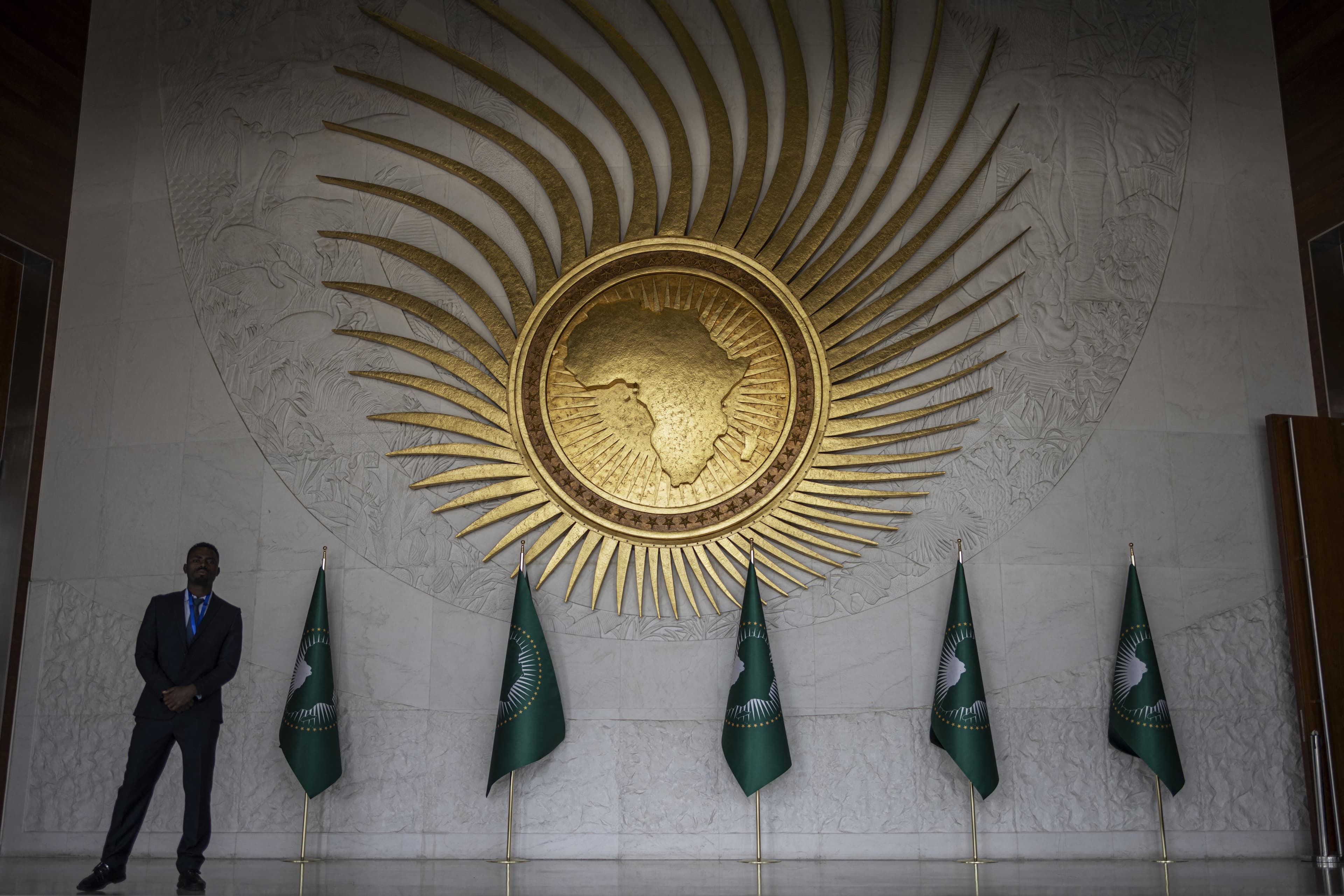African Union Suspends Madagascar After Military Takeover

In mid-October 2025, Madagascar was plunged into a constitutional and political crisis following weeks of unrest. The turmoil began in late September when youth-led protests, spearheaded by the “Gen Z Madagascar” movement, erupted across the country. Demonstrators were protesting against worsening living conditions, including chronic power outages, unemployment, corruption and poor access to education.
Amid mounting pressure, President Andry Rajoelina attempted to dissolve the National Assembly by decree. Lawmakers defied the order and voted to impeach him. In response, on October 14, an elite military unit known as CAPSAT, led by Colonel Michael Randrianirina, announced that it had taken control of the country, suspended the constitution and dissolved state institutions. Rajoelina fled the country soon after, claiming threats to his safety. The military declared a transitional government that could last up to two years before new elections are held.
The African Union (AU) reacted swiftly and firmly to the developments. The AU Peace and Security Council convened an emergency session in Addis Ababa and condemned what it called an “unconstitutional change of government.” The council announced the immediate suspension of Madagascar from all AU activities until constitutional order is restored. AU Commission Chairperson Mahamoud Ali Youssouf reiterated the organization’s stance on zero tolerance for coups, stating, “The rule of law must prevail over the rule of force.”
Madagascar’s suspension follows the AU’s consistent approach toward military takeovers in Africa, similar to earlier decisions against Mali, Burkina Faso and Guinea. The move isolates Madagascar diplomatically, preventing it from participating in AU meetings, programs or decision-making processes. The suspension carries significant consequences for the country. Economically, it could undermine investor confidence and deter international aid, worsening Madagascar’s already fragile situation. The nation remains one of the poorest in the world, with nearly three-quarters of its population living in poverty. The political uncertainty and military control risk further alienating foreign partners and regional blocs.

On the domestic front, the military has promised to hold elections within 18 to 24 months. However, the suspension of democratic institutions, including the Constitutional Court and the electoral commission, has raised doubts about the credibility of that timeline. Civil society groups and youth activists who initiated the protests continue to demand a genuine democratic transition rather than a prolonged military rule.
The AU’s decision highlights a broader challenge on the continent: balancing the principle of non-interference with the need to defend constitutional governance. While suspensions serve as symbolic deterrents, their practical effectiveness often depends on coordinated diplomatic and economic pressure. Madagascar’s future now hinges on whether the military leadership follows through with its promise of elections and reforms or whether the suspension marks the start of a longer period of isolation and instability.

